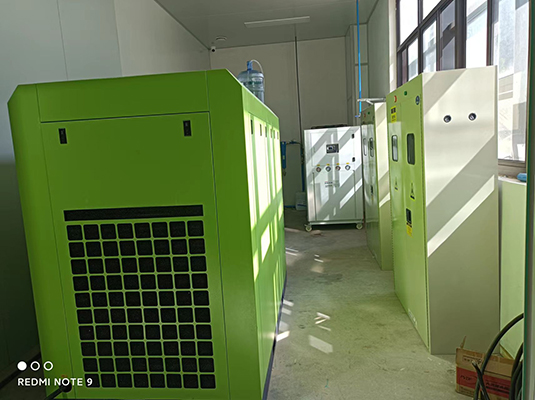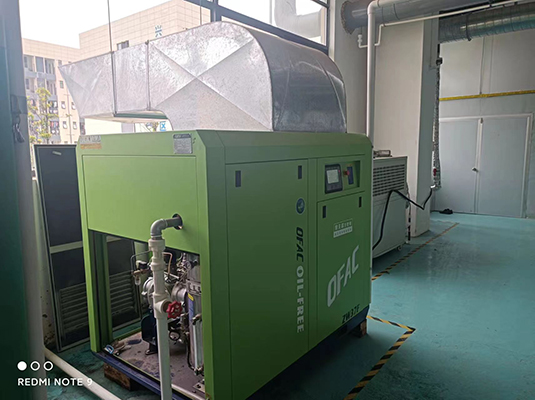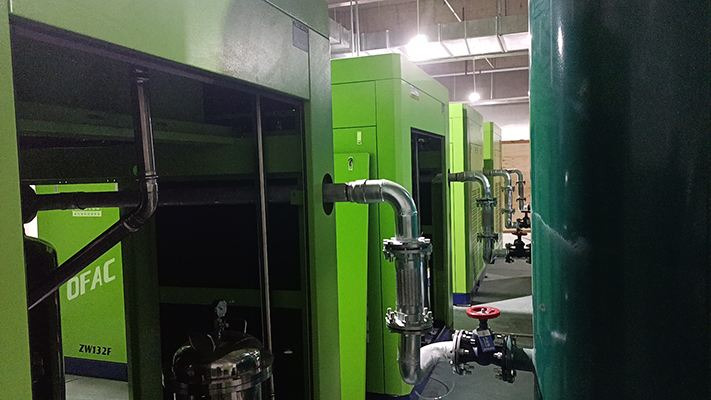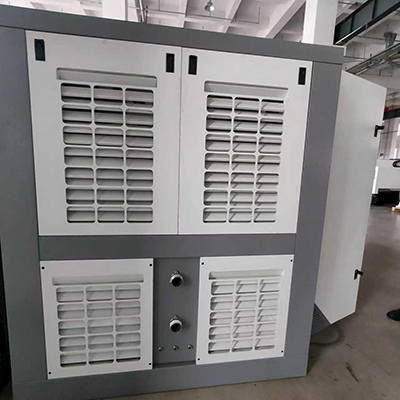medium pressure air compressor energy consumption analysis for long term operational cost control
News 2025-10-24
Medium pressure air compressors play a vital role in industrial operations, supplying compressed air for applications like pneumatic systems and process control. Energy consumption in these units can significantly drive up long-term costs, often accounting for a large share of utility expenses. This analysis focuses on understanding energy use patterns, identifying inefficiencies, and implementing strategies to optimize performance and reduce financial burdens in various settings.

Factors Influencing Energy Consumption
Energy use in medium pressure air compressors depends on several elements, including compressor design and operational conditions. For instance, rotary screw types generally outperform reciprocating models in efficiency due to smoother operation and lower friction losses. Variables such as system pressure, load variations, and ambient temperature also impact consumption; higher pressures or inconsistent loads can lead to increased energy waste. Additionally, factors like air leaks and inadequate maintenance exacerbate inefficiencies, highlighting the need for precise monitoring and adjustments to achieve better performance.
Application Scenarios and Performance Advantages
In sectors such as manufacturing and food processing, medium pressure air compressors support critical tasks including material handling and packaging. They offer advantages like enhanced reliability under fluctuating demands and reduced noise, which improve workplace safety. Performance benefits include energy savings from features like variable speed drives that match output to real-time needs, minimizing idle running. These attributes not only boost operational efficiency but also extend equipment life, making them indispensable for high-demand industrial environments.
Importance in Industrial Processes and Cost Control Strategies
Managing energy consumption is key to maintaining competitiveness in industrial processes, where air compressors contribute to overall sustainability. Efficient systems help cut costs by lowering electricity use and preventing downtime caused by failures. Strategies for control involve routine audits to detect issues, upgrading to high-efficiency components, and using data-driven tools for optimization. By focusing on these approaches, businesses can achieve substantial savings, enhance process reliability, and support environmental goals over the long term.


